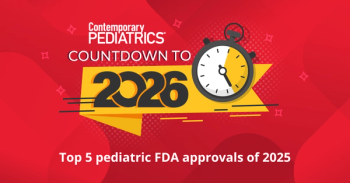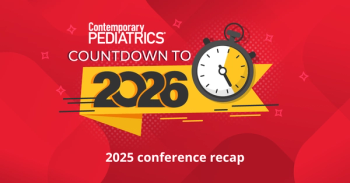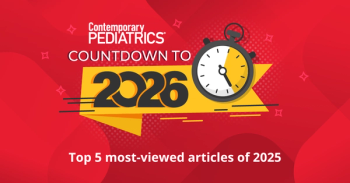
The power of shared decision-making
As a Physician Assistant (PA) in a highly acute and specialized level 4 neonatal/infant intensive care unit (NICU), ethical issues come up on a daily basis. How to appropriately handle this part of our job is rarely discussed, and as a PA, I had minimal training related to handling situations in which medical ethics are involved.
Sarah Werner received her Bachelor’s degree from Bucknell University in Lewisburg, Pennsylvania, and her Master’s degree in Physician Assistant Studies from Philadelphia College of Osteopathic Medicine in Pennsylvania. She completed a physician assistant residency in neonatology at The Children's Hospital of Philadelphia in Pennsylvania. She now works in a 100+ bed, level 4 neonatal intensive care unit as part of the team that specializes in the care of infants with chronic lung disease. Sarah has served on the Society of Physician Assistants in Pediatrics Board of Directors as Treasurer and Member at Large since 2015. When she is not at work, Sarah enjoys being outside, photography, traveling, and spending time with her husband, family, and dogs.
As a Physician Assistant (PA) in a highly acute and specialized level 4 neonatal/infant intensive care unit (NICU), ethical issues come up on a daily basis. While the issues addressed in the April 2019 issue of Contemporary Pediatrics, entitled
An issue broached in the article that specifically resonated with me was the dilemma brought up by Laura A Miller-Smith, MD, on the importance of shared decision-making. As eloquently explained by Dr. Miller-Smith, shared decision-making is “collaborative process that allows patients, their surrogates, and clinicians to make healthcare decisions together, taking into account the best scientific evidence available as well as the patient’s values, goals, and preferences.” If only things were that clear in my practice! In the NICU specifically, we have several factors that complicate shared decision-making.
The voiceless patient
First and foremost is our patient population. Obviously, a neonate is not capable of voicing an opinion. Decisions regarding care fall on the medical team and infant’s caregivers (usually parents, but in our unit, grandparents are often actively involved). This can be unsettling knowing that infants are silent in deciding their own futures. The question of who (caregiver vs medical team) has more weight in making decisions can be a blurred line.
Decisions in crisis
Secondly, decision-making is often done in a life and death moment. It’s not ideal to ask a mother who is only a few days postpartum to understand a complex medical situation. Unfortunately, we don’t always have the time to sit down and talk through everything in a way a caregiver can process and understand. It’s difficult as the provider to present concise information that won’t overwhelm but will convey the acuity of the situation. I know this is what I struggle with most. I want to have caregivers fully understand what is happening and be able to make educated decisions.
However, as Dr. Miller-Smith mentions, “it takes moral courage to make strong recommendations.” It is our duty as providers to present information as well as we can, but also present a recommendation based on our understanding of the situation. I find that when we put too much of the decision-making on caregivers, it leads to additional stress, confusion, and hardship for them. No parent wants to be solely responsible for a life or death decision for their child.
Culture and care
And finally, I struggle as a clinician to voice clinical judgements, experience, and prognosis while respecting a family’s cultural, religious, and personal views. Views on quality of life vary vastly. While I can express concerns for the long-term outcome of an infant, the caregiver’s perspectives cannot be ignored. Often, I find it difficult to continue aggressive and invasive care on a child with a bleak prognosis who is likely to live a shortened life on a ventilator with limited interactions with the world. However, there are families who feel that any day alive is worth living and are willing to care for a child with severe disability. What I struggle with is being sensitive yet firm with my recommendations. Too often, I see that hope of a better outcome drives caregiver decision-making when, based on scientific evidence and experience, it is unlikely the child will recover. Caregivers can be in denial of the situation and can prolong suffering. I feel the duty to support the child and caregivers while they process and hopefully accept the eventual outcome.
I really appreciated hearing about ethical worries from other clinicians. Shared decision-making can be difficult especially if providers are not strong in their recommendations. I have found it helpful to listen to other, more seasoned providers, as they talk to caregivers to see how they navigate difficult situations. Ideal shared decision-making rarely happens, but I believe with time and some practice, you can learn how to navigate the ethical dilemmas we see every day and, in the end, benefit both caregivers and patients.
Newsletter
Access practical, evidence-based guidance to support better care for our youngest patients. Join our email list for the latest clinical updates.








